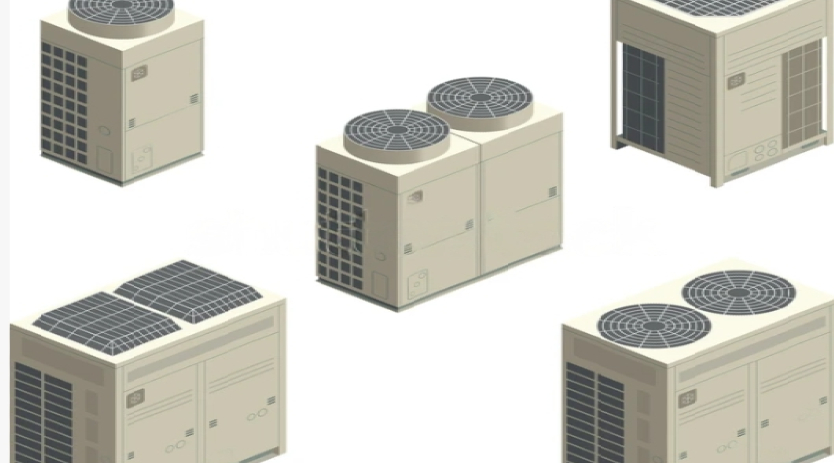Industrial processes often generate significant heat, requiring robust cooling solutions to maintain optimal working conditions and ensure the longevity of machinery. As industries continue to evolve, the demand for efficient cooling systems has grown exponentially. In this article, we delve into the world of innovative industrial cooling solutions, exploring cutting-edge technologies and strategies aimed at achieving maximum efficiency.
Advanced Cooling Technologies
Liquid Cooling Systems
Traditionally, air cooling has been the go-to method in industrial settings. However, many Industrial Cooling Solutions including liquid cooling systems are gaining popularity due to their superior heat dissipation capabilities. These systems utilize a liquid coolant to absorb and transport heat away from critical components. The efficiency of liquid cooling surpasses that of air cooling, allowing for more precise temperature control and reduced energy consumption.
Phase Change Materials (PCMs)
Integrating phase change materials into cooling systems introduces an innovative approach. PCMs absorb and release thermal energy during phase transitions, maintaining a constant temperature. Incorporating these materials into cooling solutions can significantly enhance efficiency by providing a stable environment, reducing the workload on traditional cooling systems.
Smart Cooling Infrastructure
IoT-Enabled Sensors
The Internet of Things (IoT) has revolutionized industrial processes, and cooling systems are no exception. IoT-enabled sensors can monitor temperature variations in real-time, allowing for proactive adjustments. IoT-enabled sensors provide the data needed to optimize energy consumption in industrial cooling systems.
By analyzing patterns and usage trends, businesses can implement energy-efficient strategies, such as adjusting cooling levels based on real-time demand or leveraging natural cooling when ambient conditions allow. Aside from saving up on additional operational costs, IoT-Enabled sensors also help with sustainability.
Predictive Analytics
Employing predictive analytics further refines the efficiency of industrial cooling. By analyzing historical data and predicting future temperature trends, industries can implement preemptive measures to avoid overheating issues. This not only safeguards equipment but also enhances overall energy efficiency.
Renewable Energy Integration
Solar-Powered Cooling
As industries strive for sustainability, integrating renewable energy sources becomes crucial. Solar-powered cooling systems harness the abundant energy of the sun to drive industrial cooling processes. This not only reduces reliance on conventional power sources but also contributes to a greener, more environmentally friendly industrial landscape.
Waste Heat Recovery
Efficient industrial cooling solutions can also involve the recovery of waste heat generated during manufacturing processes. Rather than letting this heat go to waste, it can be redirected to power cooling systems. This dual-purpose approach not only cools the environment but also harnesses energy that would otherwise be lost.
Customized Cooling Solutions
Adiabatic Cooling Systems
Adiabatic cooling is a process where air is cooled by the evaporation of water. This method is particularly effective in dry and arid climates. Industries can customize their cooling solutions based on their specific environmental conditions, ensuring optimal performance with minimal energy expenditure.
Modular Cooling Units
Modular cooling units provide flexibility and scalability. Industries can adapt their cooling infrastructure according to changing demands, avoiding overcapacity issues and optimizing energy usage. With a modular approach, various fixes, maintenance works, and upgrades are simplified.
Government Incentives and Regulations
Governments worldwide are increasingly recognizing the importance of energy efficiency in industrial processes. Many offer incentives and enforce regulations to encourage the adoption of innovative cooling solutions. Industries can take advantage of these programs to not only improve efficiency but also reduce operational costs.
Conclusion
The quest for maximum efficiency in industrial cooling has led to the exploration and implementation of various innovative solutions. From advanced cooling technologies to smart infrastructure and renewable energy integration, industries have a myriad of options to choose from. By embracing these innovations, businesses can create sustainable, cost-effective, and environmentally conscious cooling systems that meet the demands of the modern industrial landscape.


